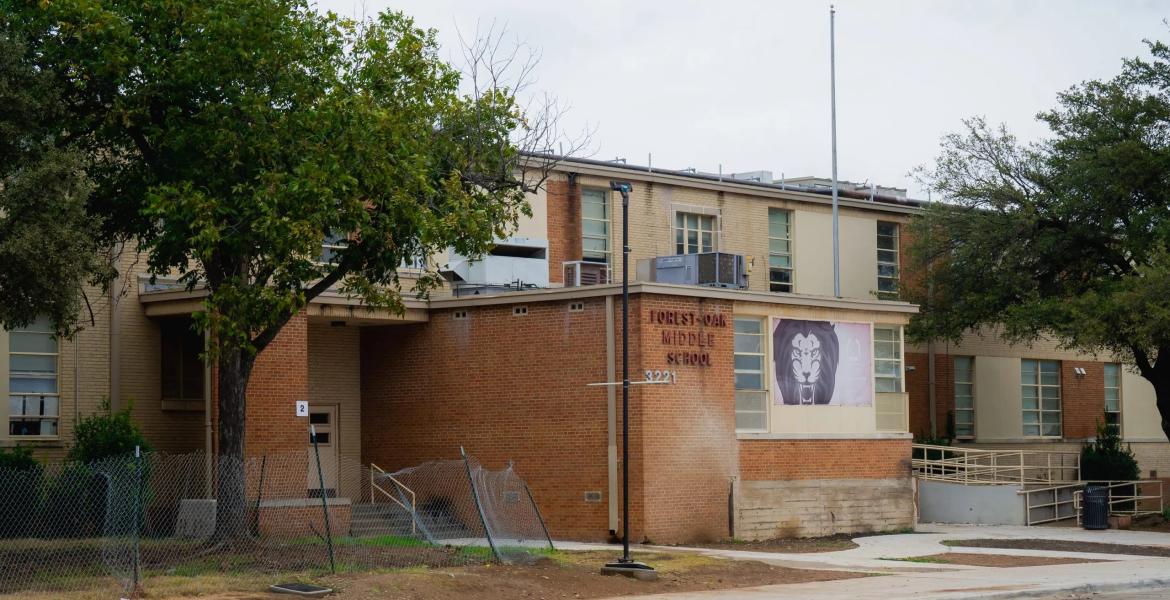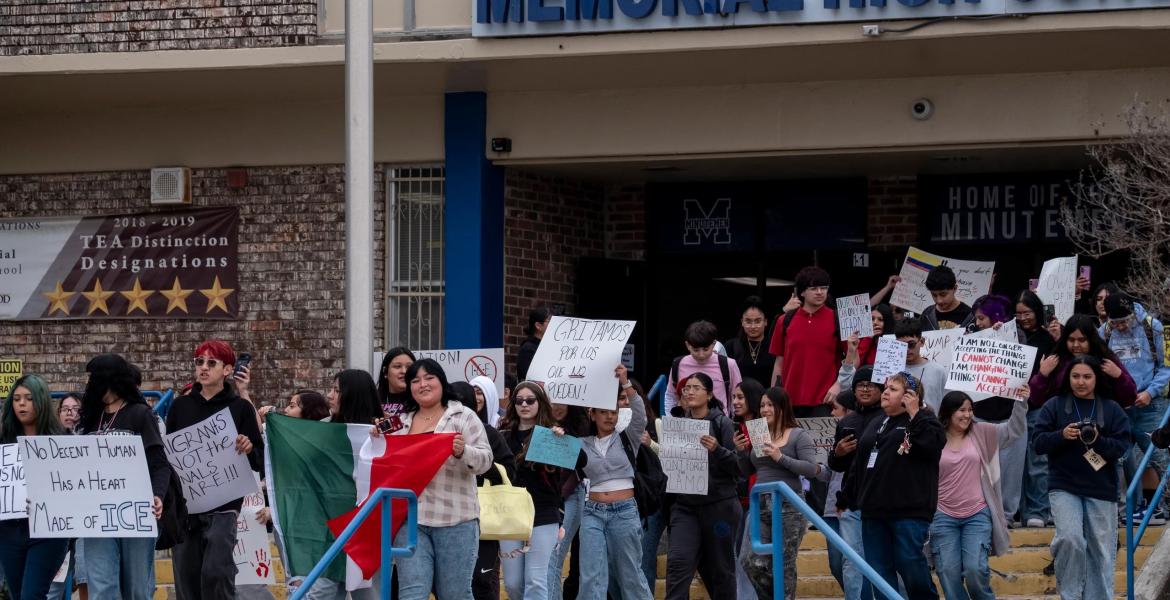According to a report from Angelo State University, graduate enrollment has risen by 12.5 percent within the past year. In contrast, undergraduate enrollment for this fall was down by 7.6 percent.
Some students are saying that they don’t think their undergraduate work at ASU has prepared them adequately for their future careers.
“I personally don’t think I could just jump into my field now,” Marie Rios*, a recent graduate of the Social Work Department said of how her education has prepared her.
Rios is now participating in ASU’s collaborative program with the University of Texas Arlington, in order to receive a Master of Science in Social Work degree.
She said that she is seeking to receive a graduate degree in order to compensate for what she didn’t learn as an undergrad student.
Whitney James*, a senior majoring in Communications with a concentration in Radio/Television/Film said, “I feel that the classes are too lecture-based and could be more in depth in order to have less book knowledge and more hands-on experience.”
James intends to work in radio after graduation, however courses in this field are not offered.
“I was confused when I declared my major and could not find any radio based courses. Something should be offered, after all the concentration is called Radio/Television/Film,” James said.
Upon graduation, James will have no classroom experience in radio, despite her degree specializing in this field.
James said, “I’m going to have a hard time explaining my resume. It will read ‘concentration in Radio and Television’, yet I won’t have a higher-level education on this subject matter.”
She explained that the other areas of the concentration do offer classes but are sparse.
“I think because we only have one professor for this field, we are constrained,” James said.
She has taken a total of two classes, the total that is offered, in the film facet of her concentration and only one in the field of television.
“When I graduate, the three classes I took will not have even provided me enough material to show future employers what I have learned as a student,” James said, adding, “Had that [television and film] even been what I wanted to get into.”
She said, “What I have learned has been informative, but I could have easily bought the book and taught myself.”
Due to her schedule and financial needs James was unable to participate in the Ram Radio program, an internship with the university radio station.
“Staying on the Dean’s List and keeping up with rent is difficult. Adding free labor to the list was not an option for me,” James said.
Rios also stated that she wished there had been more experience-oriented learning opportunities offered in the Social Work Department.
She said, “Internships should be made required in all degree plans.”
Rios expressed, “It seems we need more hands on experience versus just listening and learning an ideal.”
Rios chose to come to ASU based on the Carr scholarship she was offered. She said, “Even with a scholarship or not I think students should be able to receive the education they need with professors doing their job right.”
Michael Fuentes*, an Art student majoring in Graphic Design, said his coursework has helped him improve his skills in design and software. However Fuentes said, “Even though this is my last semester, I have a lot to learn.”
He said, “Most of what I’ve learned, I learned from my classmates and my internship.”
Fuentes said he feels that only “some of the” art professors are qualified to be teaching at the university level.
James said “The graduate student enrollment at ASU is probably rising simply because we just aren’t getting what we need in our undergrad studies. Undergrad enrollment is decreasing--who wants to go to a school that can’t offer what you pay for?”
ASU responded to this article here.
*Names have been changed in order to conceal the identity of the contributing student.
Subscribe to the LIVE! Daily
Required






Comments
- Log in or register to post comments
PermalinkListed By: Gus Clemens
- Log in or register to post comments
PermalinkListed By: Green Mesquite
So pleased to get your spin on the jobs, Gus. Especially pleased that you'll assist recent graduates in continuing to 'jump through hoops' to get things done. I do so admire your desire to teach.
- Log in or register to post comments
PermalinkListed By: Heather Hodge
- Log in or register to post comments
Permalink- Log in or register to post comments
PermalinkListed By: Cheyenne Benson
I believe this story has the most comments of any story so far. Thanks folks for commenting, its nice to know your opinion!
All though I can add my two cents.
I DID do internships.
I have had THREE jobs in the communications field, and I still had trouble getting a job in the field. This is my first fulltime job that required a degree, and I'm only here because I was persistant enough that Joe Hyde took a chance on me.
- Log in or register to post comments
PermalinkListed By: Joe Weaver
- Log in or register to post comments
PermalinkListed By: In Reason We Trust
- Log in or register to post comments
Permalink- Log in or register to post comments
PermalinkListed By: Devin Saur
- Log in or register to post comments
PermalinkPost a comment to this article here: